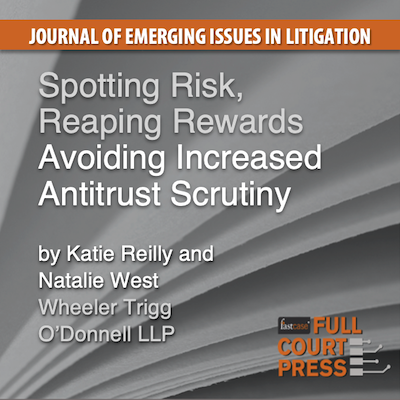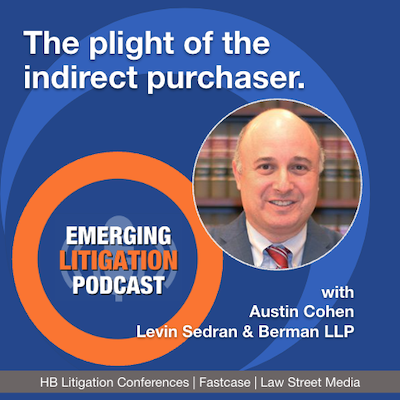FTC Warns Law Firms: Rethink Your Diversity Collaborations
The FTC has warned dozens of major U.S. law firms that participation in diversity certification programs could raise antitrust concerns. This episode examines the agency’s cautionary letters regarding the Mansfield Certification program, the potential for coordinated diversity efforts to be viewed as labor-market collusion, and the broader regulatory pressure facing law firms and media organizations. It also explores recent court decisions, executive branch enforcement trends, and the growing intersection of antitrust law, free speech, and diversity initiatives. As scrutiny intensifies, firms must navigate evolving legal risks while maintaining independence and competitive integrity.












